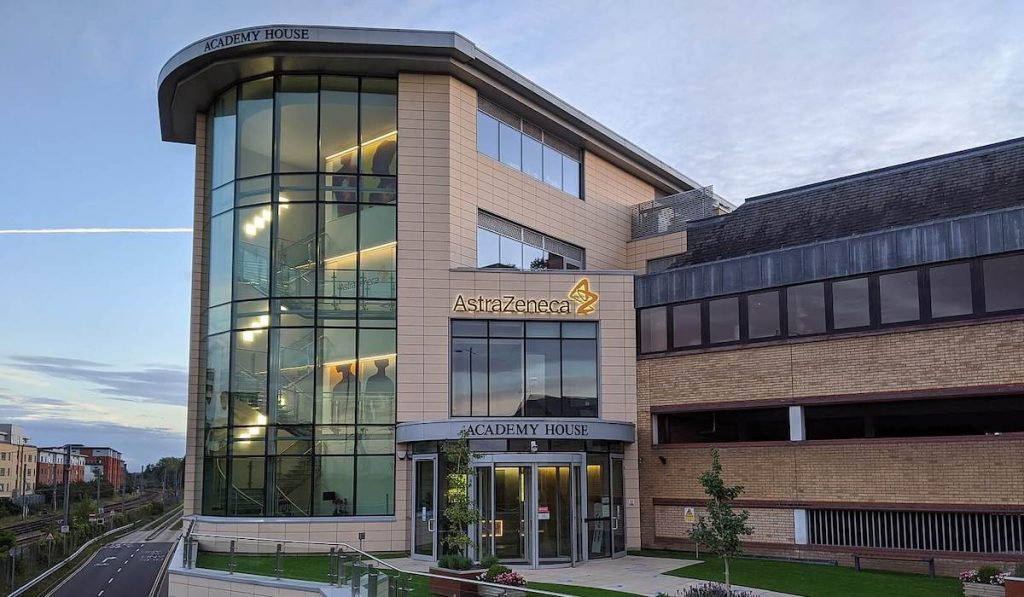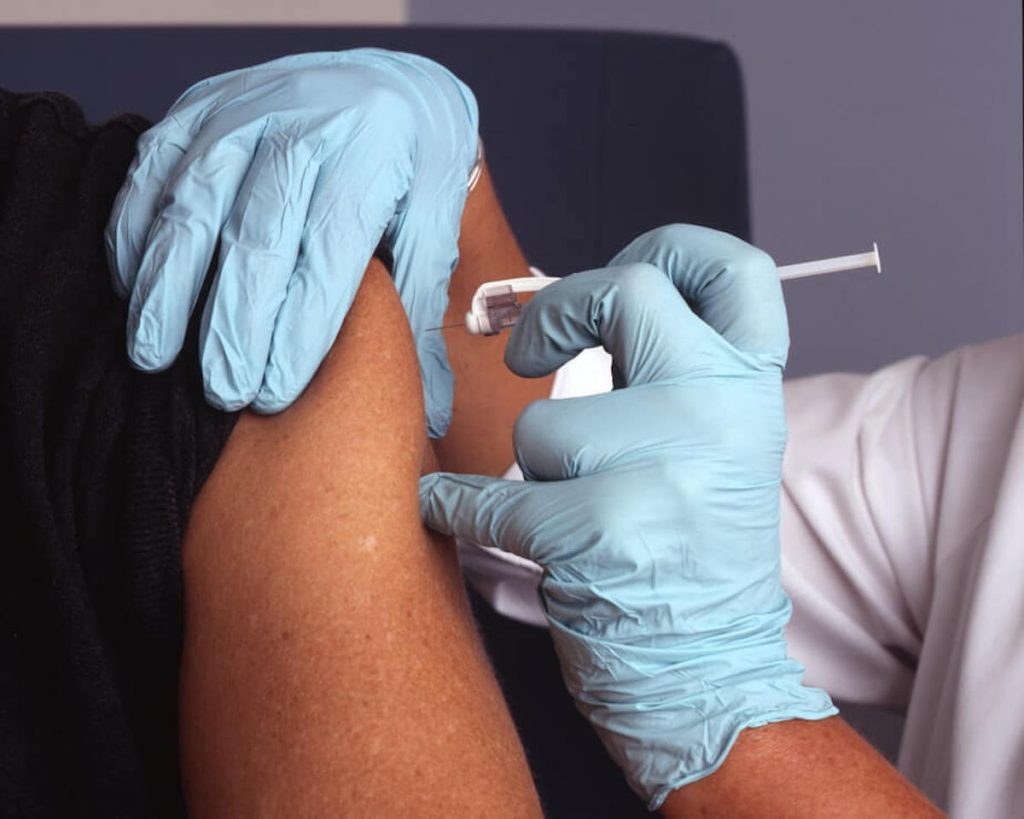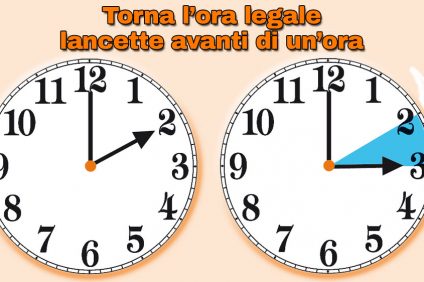Il AstraZeneca vaccine, created by Oxford in collaboration with the Italian IRBM extension di Pomezia, still needs further study before its official release. It was announced by the CEO of AstraZeneca, Pascal Soriot, during an interview with the site Bloomberg. The discovery "almost by chance" of the greater efficacy of the vaccine on a group of volunteers who had first been given a half dose and then a full dose led to a slowdown necessary. Soirot then stated that, although the researchers found the best conditions for the effectiveness of the vaccine dosage, these still need to be validated.

Just a few days ago, AstraZeneca announced the achievement of the 90% effectiveness your vaccine against Covid-19, after tests on two groups of volunteers. The first with the initial half dose and a full one for the booster, while the second with two full doses. On the latter group, the vaccine had reached a '62% efficacy. The company then announced that its own Covid-19 vaccine had a 'average efficacy of 70%. In the face of these results, there are many doubts that have arisen in this regard, also because it is not yet possible to explain how the first test produced better results, compared to the full dose. However, AstraZeneca has decided to continue investigating, despite having no intention of blocking authorization procedures in Ue, USA e Britain.
Doubts from the USA about the Oxford vaccine
The road to US licensing of the AstraZeneca vaccine appears to be an uphill battle. The discovery that the volunteers in the first group (those who were given half the dose) were all young, with aage less than 55 years, has raised doubts about the real effectiveness of the vaccine. Young subjects would in fact be less at risk than the elderly. Considering also thesmall number of volunteers (less than 3.000), the 90% efficacy result would not be rated as reliable.

Precisely for this reason, the US authorities seem to be a lot reluctant to grant authorization of the Oxford vaccine by AstraZeneca. Geoffrey Porges, analyst of SVB Leerink (investment bank of the health sector), has in fact declared that, in the light of these discoveries, the chances of the vaccine being authorized in the United States are really minimal. Despite understandable doubts, the authorization request is still pending.
First doses of the AstraZeneca vaccine in Europe in January
The situation appears to be different Britain and European Union. Unlike in the United States, in fact, the timing of the release should not be arrested. These further studies would therefore be useful to validate the real efficacy of the vaccine within a few weeks. In the very first months of 2021 in fact we will see the first doses also in Italy, about 2-3 million on 3 billion required by the EU. Its low cost (€ 2,80 per serving) and the optimal storage conditions (between i 2 and 8%), make this vaccine suitable for large retailers. Should new studies confirm the efficacy of the 90% AstraZeneca vaccine or get better results, you could quickly pass to the approval and then to its release according to the set times. There light at the end of the tunnel it doesn't seem to be that far.





